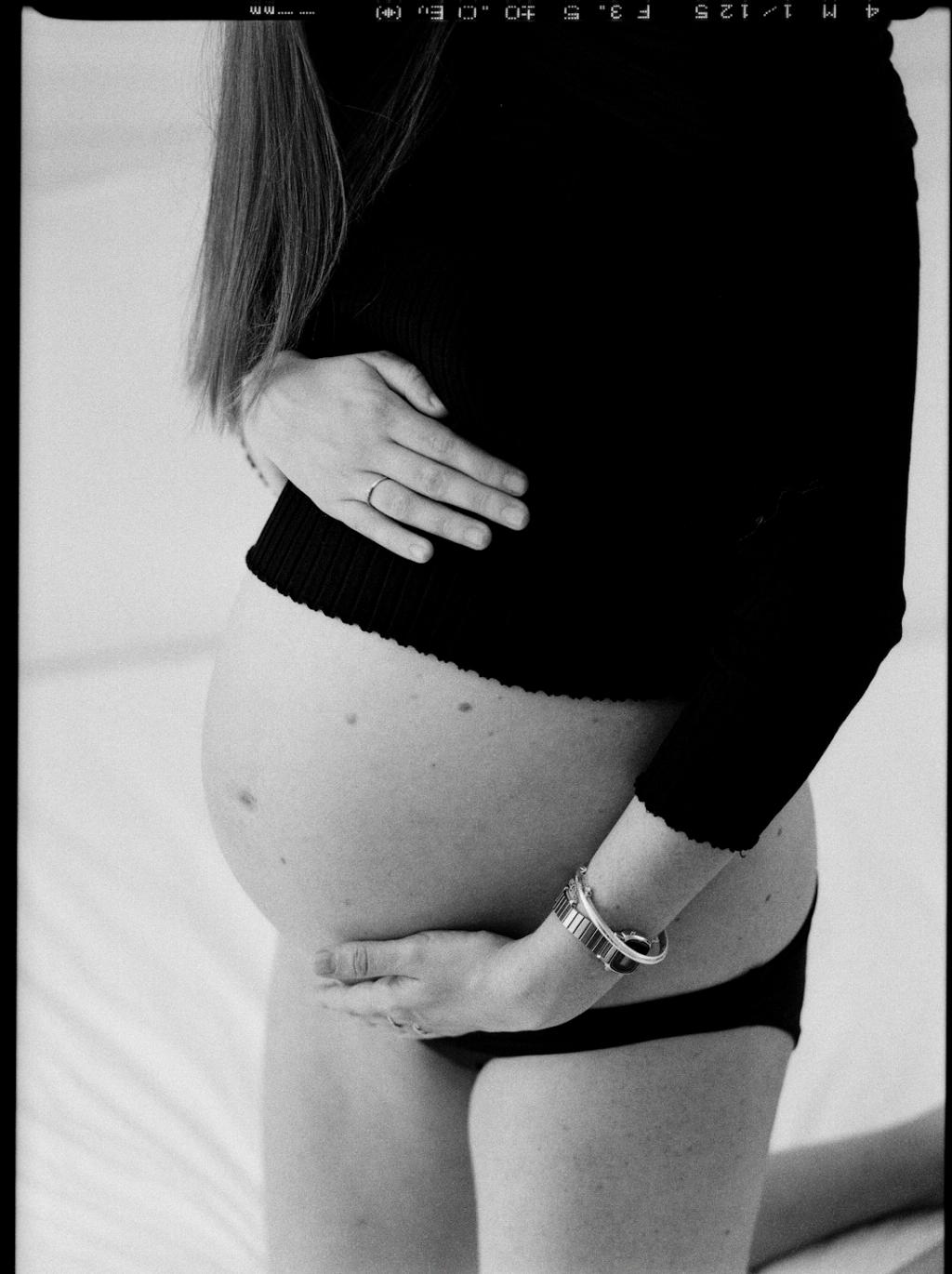Many women wonder about the safety of consuming protein powders during pregnancy. With conflicting information available, it can be challenging to know what is best for the health of both the mother and the baby. In this article, we will delve into the question of whether protein powders are safe to use during pregnancy based on the available research and expert opinions.
Potential Benefits of Protein Powders
Protein is essential for the growth and development of the fetus during pregnancy. Protein powders can provide a convenient and concentrated source of this vital nutrient, especially for women who may struggle to meet their increased protein needs through whole foods alone.
Protein Quality
Not all protein powders are created equal. It is crucial to choose a high-quality product that is free from contaminants and unnecessary additives. Look for protein powders that are third-party tested for purity and quality to ensure that you are getting a safe and reliable product.
Possible Risks
While there is limited research on the safety of protein powders specifically during pregnancy, some concerns have been raised about potential risks. Certain additives or ingredients in protein powders may not be suitable for pregnant women, so it is essential to consult with a healthcare provider before incorporating them into your diet.
Consulting Your Healthcare Provider
Before starting any new dietary supplements during pregnancy, it is crucial to seek advice from your healthcare provider. They can help assess your individual nutrition needs and determine whether protein powders are a safe and appropriate choice for you based on your medical history and overall health.
Types of Protein Powders
There are various types of protein powders available, including whey, soy, pea, and collagen. Each type has its unique nutritional profile and potential benefits. Understanding the differences between these options can help you make an informed decision about which protein powder is best suited for your needs during pregnancy.
Monitoring Intake
It is essential to consume protein powders in moderation during pregnancy. Excessive intake of protein supplements can lead to an imbalance in nutrient intake and potentially harmful effects. Be mindful of your overall protein intake from both food and supplements to ensure optimal health for you and your baby.
Alternative Protein Sources
If you are uncertain about the safety of protein powders during pregnancy, there are plenty of natural, whole-food sources of protein that you can incorporate into your diet. Foods like lean meats, poultry, fish, legumes, nuts, and dairy products can all contribute to meeting your protein needs without the need for supplements.
Key Nutritional Considerations
While protein is essential, it is just one piece of the puzzle when it comes to a healthy pregnancy diet. Make sure to focus on consuming a balanced variety of nutrients, including vitamins, minerals, fiber, and healthy fats, to support optimal maternal and fetal health throughout all stages of pregnancy.
Listening to Your Body
Every woman’s body reacts differently to pregnancy and dietary changes. Pay attention to how your body responds to protein powders and other supplements, and be proactive in seeking guidance from your healthcare provider if you experience any adverse effects or concerns about their use during pregnancy.
Final Thoughts
In conclusion, the safety of protein powders during pregnancy is a nuanced topic that requires individualized consideration. While there is no definitive evidence of harm associated with their use, it is crucial to approach supplementation with caution and always prioritize your and your baby’s well-being. Ultimately, consulting with a healthcare provider and making informed choices based on your specific needs and circumstances is key to ensuring a healthy and safe pregnancy.

